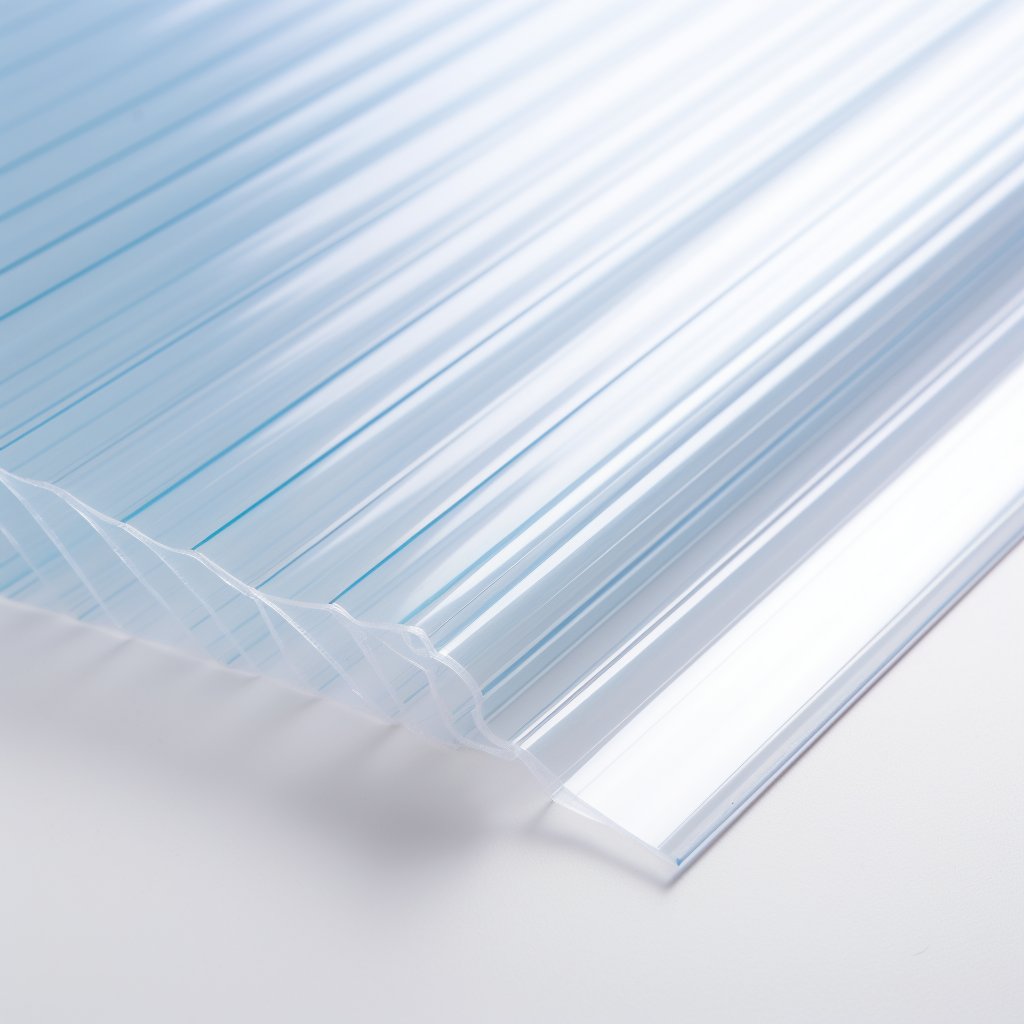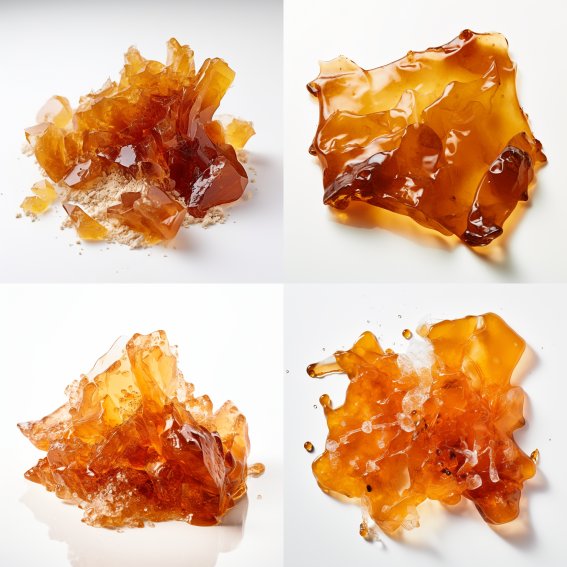Vinyl Ester Resin: Properties, Usage, and Applications in the Plastics and Recycling Industries
Vinyl Ester Resin is a versatile thermosetting resin with superior chemical resistance, toughness, and fatigue resistance. It has a long history of use in various industries, including transportation, aerospace, and construction. While Vinyl Ester Resin offers many advantages over alternative plastics, such as its lower cost and environmental impact, it also presents some unique challenges when it comes to recycling and waste management.
Vinyl Ester Resin was first developed in the 1960s as an alternative to polyester and epoxy resins. The new resin was designed to offer superior chemical resistance and toughness compared to polyester and better fatigue resistance than epoxy resins. The first commercial application of Vinyl Ester Resin was in the marine industry, where it was used as a barrier coat for fibreglass-reinforced plastic (FRP) boats.

What is Vinyl Ester Resin
Vinyl Ester Resin has excellent chemical resistance, high strength-to-weight ratio, toughness, and fatigue resistance. It also has high heat resistance, low shrinkage, and is UV-resistant. These properties make Vinyl Ester Resin ideal for various marine, transportation, aerospace, and construction applications.
Industrial Usage of Vinyl Ester Resin
Today, Vinyl Ester Resin is used in a variety of industrial applications. One of the most important uses of the resin is in corrosion-resistant applications. Due to its excellent chemical resistance, Vinyl Ester Resin is often used to manufacture storage tanks, pipes, and other equipment exposed to harsh chemicals. It is also used in construction for bridge decks, beams, and other infrastructure components.
Application Areas of Vinyl Ester Resin
Vinyl Ester Resin is used in a variety of application areas due to its excellent properties. It is used for boat hulls, decks, and other components in the marine industry. It is used for body panels, hoods, and other exterior components in the transportation industry. It is used for interior features such as ducting, panels, and seats in the aerospace industry. It is used for architectural panels, bridge decks, and other infrastructure components in the construction industry.
Consumer Product Examples of Vinyl Ester Resin
Vinyl Ester Resin is also used in consumer products. One example is surfboards, which are used as a coating to provide durability and water resistance. It is also used in pool and spa components, such as steps, covers, and slides. In addition, Vinyl Ester Resin is used in various sporting goods, such as kayaks, canoes, and paddles.
Recycling of Vinyl Ester Resin
Vinyl Ester Resin is a thermosetting resin, which means that it cannot be melted and recycled like thermoplastic resins. However, it is possible to recycle Vinyl Ester Resin through pyrolysis. During pyrolysis, the resin is heated to high temperatures without oxygen, breaking down the resin into its component molecules. These molecules can then be used as a source of energy or as a feedstock for new chemical products.
Vinyl Ester Resin is a thermosetting resin that cannot be melted and recycled like thermoplastic resins. However, it can be recycled through a process called pyrolysis. Pyrolysis is a process in which the resin is heated to high temperatures in the absence of oxygen, breaking down the polymer chains into smaller molecules. These molecules can then be used as a feedstock for new chemical products or as a source of energy.
Advantages of Vinyl Ester Resin Recycling
Recycling Vinyl Ester Resin through pyrolysis has several advantages. First, it allows the resin to be reused and repurposed, reducing the amount of waste in landfills. This can result in lower disposal costs and a more sustainable approach to plastic waste management. Second, pyrolysis can be used to recover valuable chemicals and energy from the resin, reducing the need for virgin materials and fossil fuels. This can have both economic and environmental benefits.
Disadvantages of Vinyl Ester Resin Recycling
One of the primary disadvantages of Vinyl Ester Resin recycling through pyrolysis is the high energy consumption and carbon footprint associated with the process. Pyrolysis requires significant amounts of energy to heat the resin to high temperatures, generating greenhouse gas emissions. Additionally, the recycling process can be significantly more expensive than producing virgin materials if the resin is contaminated or requires additional processing.
Environmental and Global Impact of Vinyl Ester Resin Recycling
Vinyl Ester Resin recycling can have positive and negative environmental impacts through pyrolysis. On the one hand, it can reduce the amount of plastic waste that ends up in landfills or oceans, reducing the environmental harm caused by plastic pollution. On the other hand, the energy consumption and greenhouse gas emissions associated with pyrolysis can contribute to climate change and other environmental issues.
Globally, the recycling of Vinyl Ester Resin is still relatively uncommon, with most of the resin ending up in landfills or incineration facilities. However, as environmental concerns become more prevalent, there is growing interest in developing and implementing more sustainable approaches to plastic waste management. This includes recycling thermosetting resins like Vinyl Ester Resin, which can offer economic and environmental benefits.
Advantages of Vinyl Ester Resin Compared to Alternative Plastics
Compared to other thermosetting resins, Vinyl Ester Resin offers superior chemical resistance, toughness, and fatigue resistance. It is also more cost-effective than some other high-performance resins, such as epoxy. In addition, Vinyl Ester Resin has a lower environmental impact than some alternative plastics, as it is not derived from petrochemicals.
Disadvantages of Vinyl Ester Resin Compared to Alternative Plastics
One of the primary disadvantages of Vinyl Ester Resin is its inability to be melted and recycled like thermoplastic resins. This makes it more difficult to reuse, resulting in higher disposal costs. Additionally, the production of Vinyl Ester Resin requires the use of hazardous chemicals, which can pose health and safety risks for workers and the environment.
Market Price Developments of Vinyl Ester Resin
The market price of Vinyl Ester Resin is influenced by various factors, including supply and demand, raw material costs, and manufacturing costs. In recent years, the global market price of Vinyl Ester Resin has been relatively stable, with slight fluctuations based on market conditions.
Future Market Prognosis of Vinyl Ester Resin
The future market prognosis for Vinyl Ester Resin is positive, with continued growth expected in the coming years. The increasing demand for high-performance and durable materials in various industries, including transportation, aerospace, and construction primarily drives this growth. Additionally, as environmental concerns become more prevalent, an increased demand for sustainable materials like Vinyl Ester Resin that offer superior performance and durability while having a lower environmental impact may increase.
Vinyl Ester Resin
Vinyl Ester Resin is a versatile and widely used thermosetting resin that has excellent chemical resistance, high strength-to-weight ratio, good toughness, and excellent fatigue resistance. It is used in various industrial and consumer applications, including marine, transportation, aerospace, and construction. While it cannot be melted and recycled like thermoplastic resins, it can be recycled through pyrolysis.
Vinyl Ester Resin is a highly versatile material with unique properties, making it an attractive option for various industries. Its chemical, tough, and fatigue resistance have made it a popular choice for transportation, aerospace, and construction applications. However, its thermosetting nature presents some challenges when it comes to recycling and waste management.
While recycling Vinyl Ester Resin through pyrolysis offers some potential benefits, it also has significant energy consumption and carbon footprint concerns. Therefore, the industry needs to find new and innovative ways to reduce its environmental impact and increase its sustainability.






